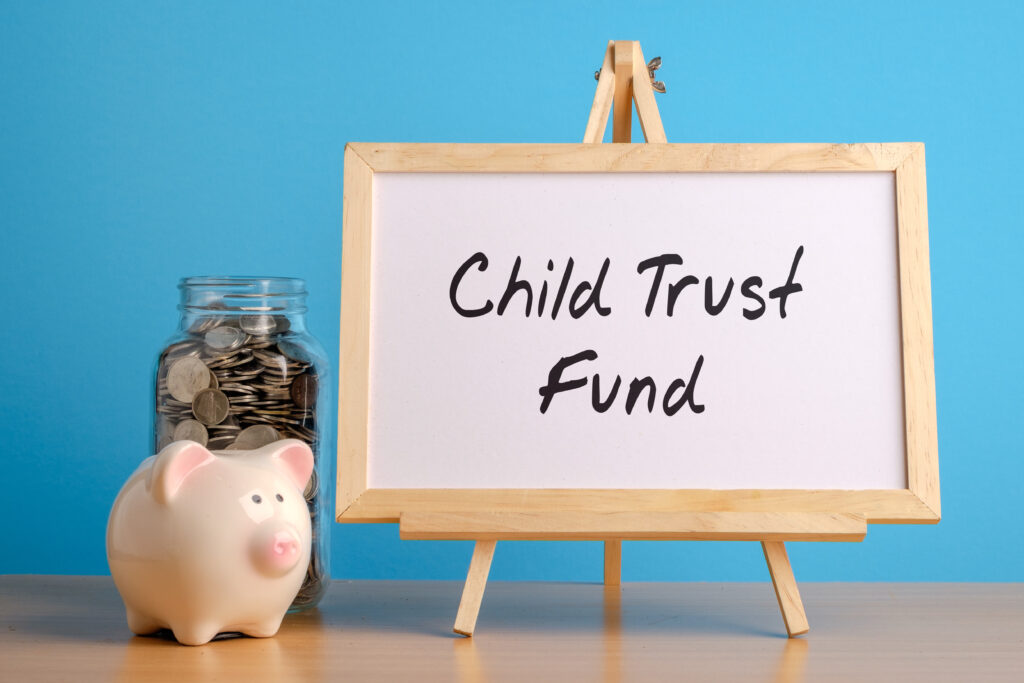Personal finance for young people is a tricky topic. The world of money continues to evolve at pace and although financial education is slowly beginning to improve, it doesn’t really feature heavily in the school curriculum. So how can we help our children adopt good financial behaviours in preparation for earning money?
Research has shown that most of our beliefs and attitudes around money are formed by age 7. So it’s never too early (or too late) to learn about personal finance. Here are 4 suggested actions that you could take to boost the financial success of your young people.
Encourage your local school
Some good news in this area is that, increasingly, the financial services industry is taking an active part. Calls to include financial education in schools are growing. And more practical initiatives like My Personal Finance Skills from the Personal Finance Society (PFS) are gaining traction.

The PFS has created a network of experienced and specially trained ‘Education Champions’ who offer free sessions to secondary schools. There are an awful lot of classes to get around, though. It can also be a challenge for schools to allocate time and arrange the logistics.
Perhaps you could encourage your local school to team up with the PFS and arrange free financial education workshops.
I’ve been delivering a series of personal finance sessions at the local High School for 3 years now, so if you’d like to know more about it, get in touch.
Encourage learning as a parent or carer
More and more educational resources are becoming available to learn about money. Topics include avoiding financial scams, budgeting, debt, saving, investing and generally preparing for a more secure future.
The government’s Money Advice Service has some great pointers. Hints and tips are broken down by age, from 3 years old, right up to young adults.
For a more structured learning programme, Blue Tree Savings is worth a look. Founder, Will Rainey, developed this course, together with an excellent book and a weekly blog to help parents teach their kids about money.
At only £12 to enrol, it’s well worth a look.

I also thoroughly recommend Will’s book, Grandpa’s Fortune Fables.
It was many years after starting work that I really started to understand money. Even though my first job was in a bank from age 17! Only now do I realise the financial errors I made, and the opportunities I missed.
The stories and inspiration provided in this book should help your kids and grandkids get off to a better start!

Invest on behalf of your children
2021 saw the first maturities of Child Trust Funds. You may remember these were introduced by the government more than 20 years ago. Vouchers were provided for children born between 1st September 2002 and 2nd January 2011.

Young people turning 18 will gain access to this money on their birthday, so it’s a good time to discuss options. The amount of money available depends on the parents’ choice of investment fund and how much they added above the government’s initial contribution.
For children born after 2nd January 2011, Junior ISAs are available now, albeit without a boost from the government. This can be a good option to build up a tax free lump sum for your kids reaching age 18. Read more about Junior ISAs in my article here.
You’ll find more information about Child Trusts Funds from the government’s Money Helper service. This also includes guidance on whether you should consider switching to a Junior ISA.
Consider Financial coaching
The options available can be confusing and the thought of investing in the stock market may be daunting. There’s plenty of information available for free on the internet, but you may not have the time or inclination to wade through it all.
Financial coaching can help you tackle personal finance for young people in your family. Gaining knowledge about financial options can be part of it. Just as important, though, can be the development of good financial behaviours and emotions around money.
An expanding community of financial coaches throughout the UK is helping to fill this gap. If you would like help to understand your options and build confidence around money, it’s worth looking into.
Subscribe to my weekly newsletter or book a free chat to learn more about how financial coaching can help you and your family.





 Production
Production